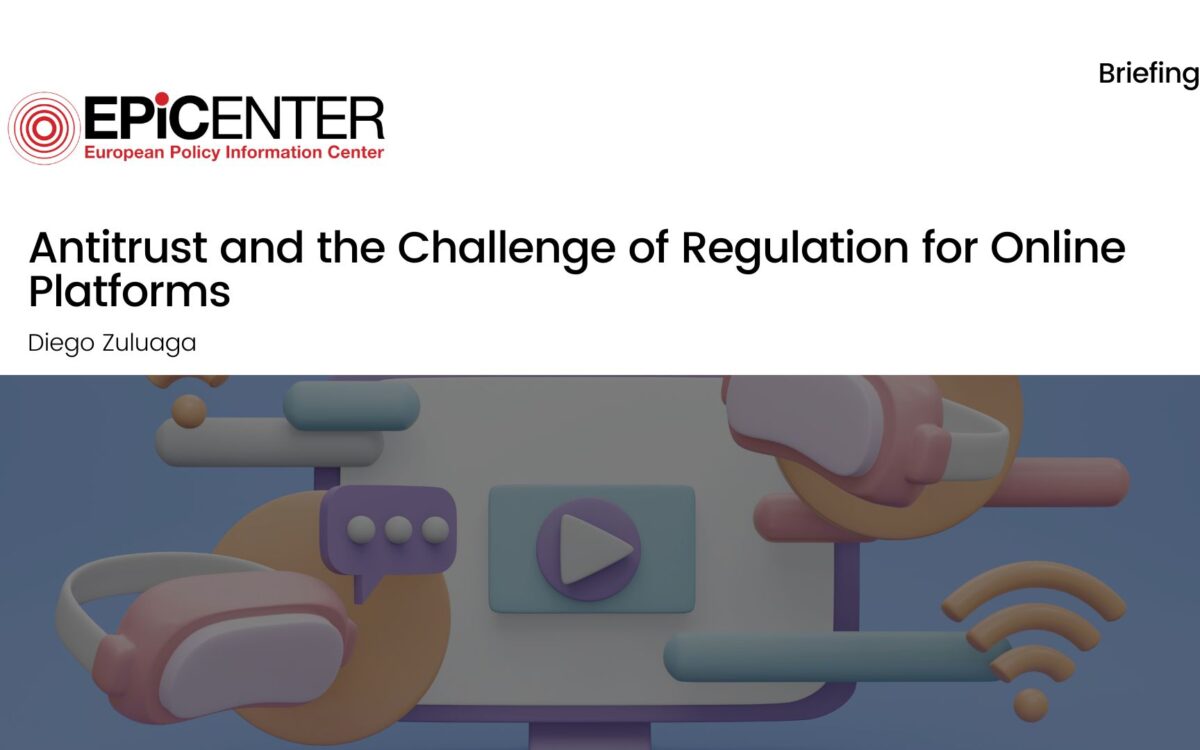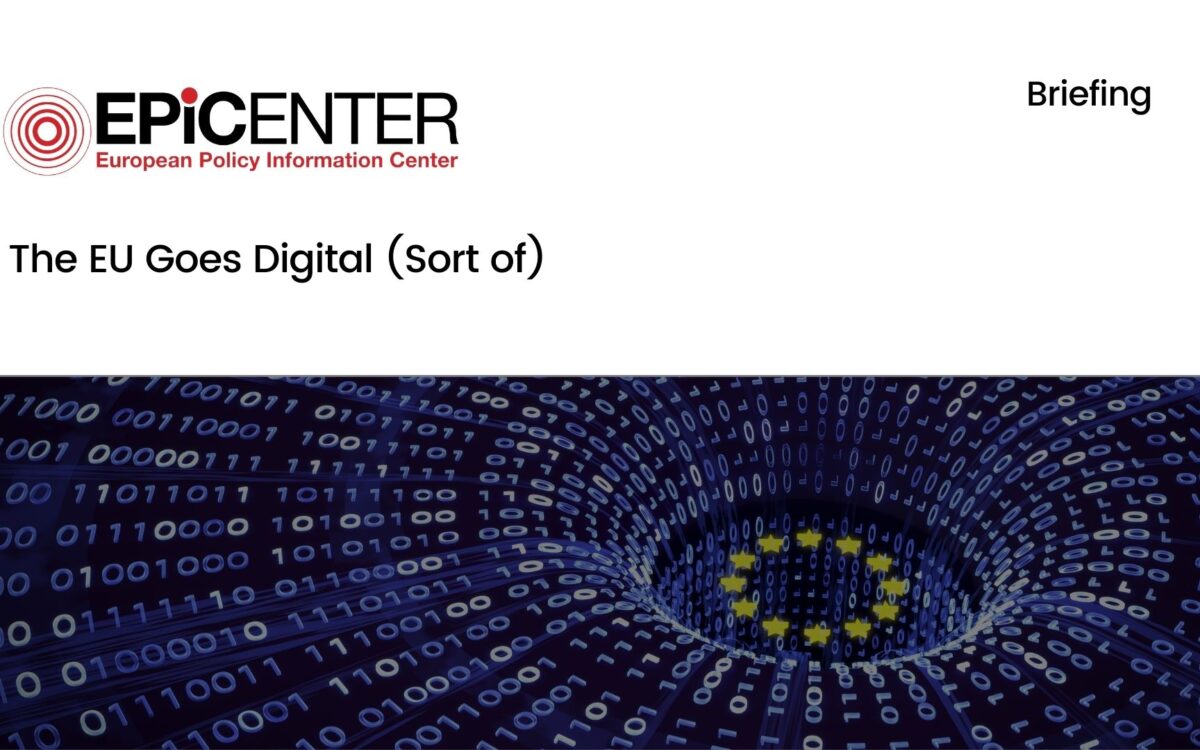Digital Briefings
June 1, 2017
Published by EPICENTER on June 1, 2017
Categories
Platform businesses bring together distinct but interdependent sets of users in such a way as to improve the welfare of each side of the market. Their central value proposition is the reduction of transaction costs, which increases the number of viable exchanges in the market.
April 1, 2017
Published by EPICENTER on April 1, 2017
Categories
Following the latest European Commission proposal on wholesale roaming surcharges across the EEA, on 5 and 6 April, MEPs will debate on and vote for amending Regulation (EU) No 531/2012 as regards rules for wholesale roaming markets.
November 1, 2016
Published by EPICENTER on November 1, 2016
Categories
The arguments on which the various competition cases against Google are being fought involve core features of economic interaction in multi-sided digital markets. As such, the final outcome will have a long-standing impact on platform innovation in the EU.
June 1, 2016
Published by EPICENTER on June 1, 2016
Categories
While entrepreneurship and innovation are flourishing across much of the EU’s private sector, public policy has lagged behind most recent technological developments. For instance, far too many national governments are failing to create a climate of openness for the sharing economy, despite its widely acknowledged potential to benefit consumers by as much as €1,000 per EU citizen, and to create employment and business opportunities in the process.
April 1, 2016
Published by EPICENTER on April 1, 2016
Categories
In sum, the Commission’s Statement of Objections concerning Android is not justified in light of the existing arrangements between Google and its various counterparties.
May 1, 2015
Published by EPICENTER on May 1, 2015
Categories
À la lumière des affaires récentes dans le secteur numérique, la politique de concurrence doit changer. Les chiffres portant sur les parts de marché tendent à sous-estimer la prédominance des
forces concurrentielles, et les enquêtes récentes de la DG COMP ont systématiquement ignoré la possibilité que des innovations majeures se produisent en dehors du marché concerné.





